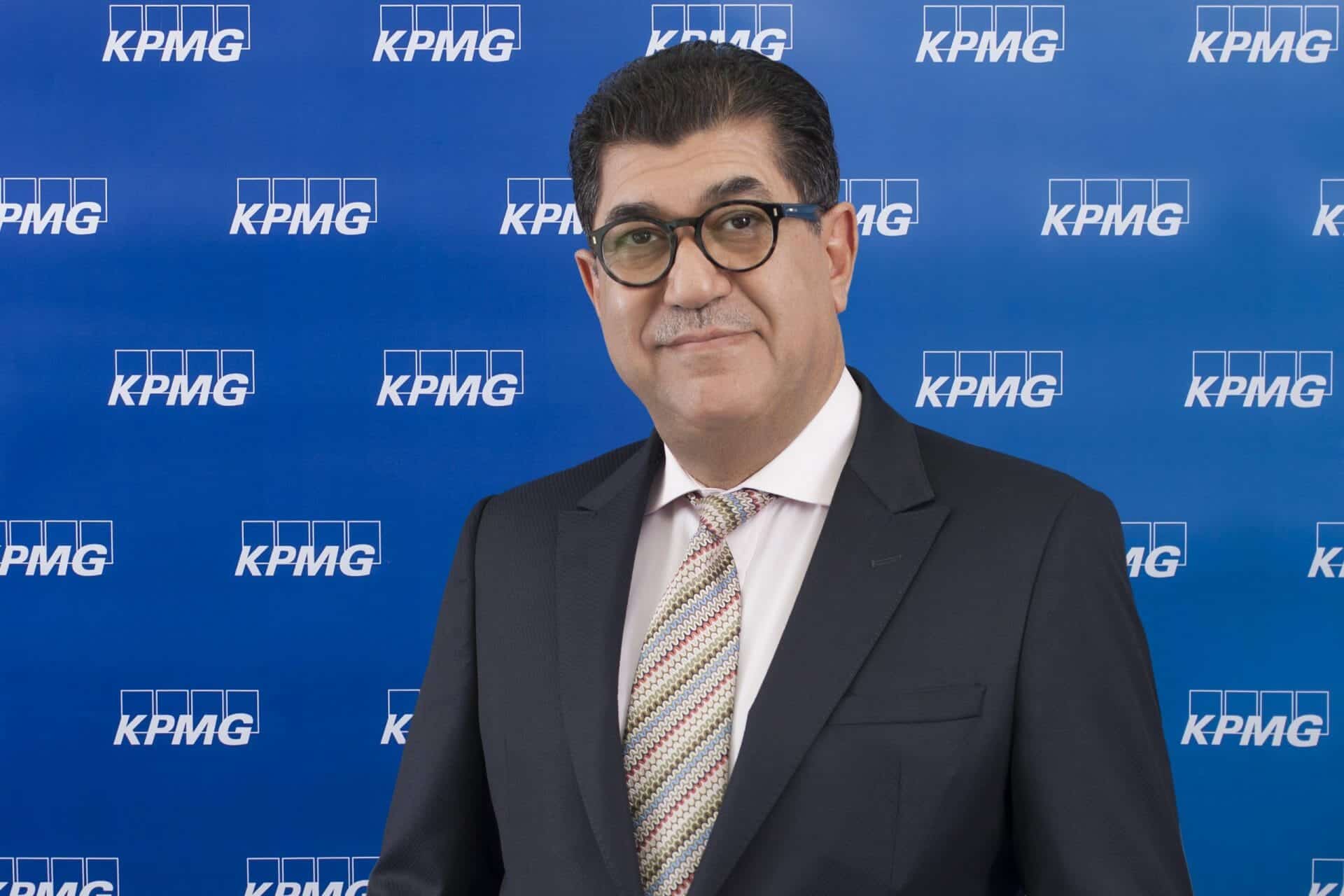Corporate accountability and transparency are no longer a “nice to have” but is an expectation from stakeholders within the marketplace, said Jamal Fakhro, Managing Partner at KPMG Bahrain.
In an exclusive interview with TRENDS, he said that regulators across sectors were proactively evolving national laws and regulations to ensure that businesses perform as responsible stewards within the marketplace.
“While there may be a difference in the levels of maturity within countries and their national laws and regulations, it is inspiring to see that businesses and business leaders are also championing best practices in alignment with international standards,” he explained.
He said that majority of businesses in the region which have incorporated corporate accountability and transparency along with their processes for anti-corruption, anti-bribery and anti-money laundering as a part of good corporate governance and best practices have been driving the shift in the marketplace.
“That, coupled with the impact from an organisation like the Pearl Initiative – a not-for profit set up by region’s businesses committed to accountability, transparency, anti-corruption, anti-bribery, and overall good corporate governance, we believe that businesses and regulators in the MENA region are heading in the right direction to becoming role models within the global marketplace,” he said.
While in some cases this may be due to international or cross-border commitments they have with their prevalent stakeholders, we are witnessing an enhanced drive due to a shift in consumer behaviour and expectations, he said.
Businesses were increasingly cognisant of the evolving customer base and were increasingly aware of the important role accountability and transparency play within the sustainability of the business.
High priority
To a question, Jamal Fakhro said that almost all countries in the region were having factors like accountability and transparency as a significantly high priority in their national development agenda.
The maturity level across countries may vary as they implement appropriate laws, regulations and governance around these factors based on the development challenges and nuances they face within their country.
“This will have a defining impact on their journey towards establishing accountability and transparency within the marketplace,” he said.
However, businesses within the private sector and regulators were taking a proactive role in establishing accountability and transparency as a critical part of corporate governance, as it directly impacts their stakeholder engagement and management; and their “License to Operate” in terms of their reputation in the marketplace.
Avoiding mismanagement
Every business leader and board member must have a clear understanding of the Corporate Governance Code, their role within the authority matrix, and their accountability in ensuring that the businesses they work with are in compliance to all the expectations.
The more visionary leaders always aim for beyond compliance as it becomes a significant differentiator for their business in the marketplace as they move beyond legal compliance and towards becoming an ethical business.
If applied appropriately, a business can also positively influence their entire supply chain to avoid mismanagement within the entire product/service lifecycle of the business.
The digital shift within the marketplace has also led to news, information and data being shared at a much wider spectrum across the world.
News and information on any form of mismanagement has the capability to reach their entire stakeholder network within seconds, and with digital communications having a permanent footprint, it can tarnish an organisation’s or a business leader’s reputation over a much longer period, he pointed out.
The focus for corporates and leaders needs to be based on ‘consciousness’ and ‘conscientiousness.’ We have to be conscious about the impact (both direct and indirect) of our decisions, and we have to be conscientious when we make them, he added.








